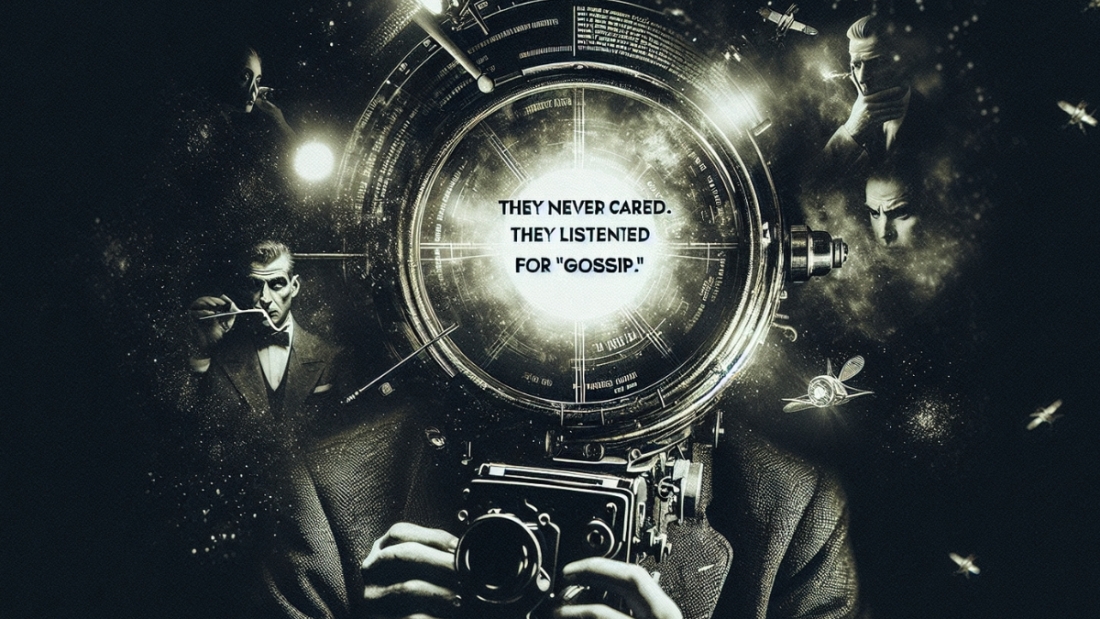Tired of being judged and misunderstood. Like we can’t speak because of where your real words will go. It is a cultural issue. In a world obsessed with gossip and shallow conversations, meaningful connections have become a rarity. A hard pill to swallow.
Understanding the Difference Between Caring and Listening
In our fast-paced society, it’s easy for people to mistake listening for caring. We often confuse the two and fail to recognize the importance of truly understanding and empathizing with others. Genuine care goes beyond surface-level inquiries and requires engagement and emotional availability. People have ways to hide from that and communicate with technology. Worst of all communicating over text you know you are speaking to more than the intended recipient.
Caring involves taking an interest in someone’s thoughts, feelings, and experiences. It means putting aside our own agenda and focusing solely on the other person. Listening, on the other hand, is the act of paying attention and processing the information being shared. While listening is a crucial component of caring, it is not enough on its own. True care requires a genuine desire to understand and support others. Sometimes people don’t want a solution, they just want support.
The Impact of Gossip
Andy Cohen Culture I call it. Gossip has become a prevalent part of our society, infiltrating various aspects of our lives. From workplace conversations to social media interactions, gossip has taken over genuine communication. With reality TV and social media, people waste their time gossiping about people they don’t even know.
Gossip creates an environment of mistrust and insecurity. When people are constantly talking behind each other’s backs, it erodes the foundation of trust, making it difficult to build meaningful connections. Moreover, gossip perpetuates negativity and spreads false information, leading to misunderstandings and damaged relationships. Then you’ll just want to stay home and work on what you are truly passionate about. Life comes with sacrifices.
The Psychology Behind Gossip
To understand why gossip has become so prevalent, we had to learn the psychology behind it. Gossip serves as a form of social bonding and a means of establishing hierarchies. By engaging in gossip, individuals are able to form alliances, gain social currency, and assert their dominance within social groups. It is funny it’s as almost if a terrible person is campaigning against you. Pissing in people’s ear to distort perception as reality. Just nasty work.
Additionally, gossip provides a sense of excitement and novelty. Humans are naturally drawn to stories and information, especially if it involves others. Gossip satisfies our innate curiosity and provides us with a temporary escape from our own lives. Hearing the worst of others to make themselves feel better.
The Importance of Effective Communication
In order to break free from the cycle of gossip, we must emphasize the importance of effective communication. Effective communication involves actively listening to others, expressing empathy, and fostering an environment of trust and respect.
By practicing effective communication, we create space for genuine conversations and meaningful connections. We encourage others to feel heard and understood, fostering a sense of belonging and acceptance. Effective communication allows us to bridge the gap between individuals, fostering empathy and compassion.
Strategies for Active Listening
Active listening is a crucial component of effective communication. It involves fully engaging with the speaker and demonstrating genuine interest in what they have to say. Here are some strategies to enhance your active listening skills:
Maintain eye contact: By maintaining eye contact, you signal to the speaker that you are fully present and engaged in the conversation.
Avoid interruptions: Allow the speaker to express their thoughts without interruption. Avoid the urge to interject or offer unsolicited advice.
Show empathy: Demonstrate empathy by acknowledging and validating the speaker’s emotions. Reflect back their feelings to show that you understand and empathize with their experiences.
Ask open-ended questions: Encourage the speaker to delve deeper into their thoughts and feelings by asking open-ended questions. This allows for a more meaningful and in-depth conversation.
Practice active body language: Show that you are actively listening by nodding, smiling, and using appropriate facial expressions. This conveys your engagement and interest in the conversation.
The Benefits of Active Listening
By prioritizing active listening over gossip, we reap numerous benefits both personally and socially. Active listening allows us to forge deeper connections with others, fostering a sense of trust and understanding. It enables us to learn from different perspectives and broaden our own horizons.
Additionally, active listening enhances our problem-solving and conflict resolution skills. By truly understanding the concerns and needs of others, we can work towards finding mutually beneficial solutions. Active listening also promotes personal growth and self-reflection, as we learn from the experiences and wisdom of others.
Emphasizing Listening Going Forward
This all sheds light on the unfortunate reality of our gossip-driven culture. It urges us to reflect on our own communication habits and encourages a shift towards more meaningful interactions. By understanding the difference between caring and listening, recognizing the impact of gossip, and practicing effective communication skills, we can break free from the cycle of shallow conversations. It’s time to prioritize genuine connections and create a society where everyone feels heard and understood.
So, the next time you engage in a conversation, remember to listen with care and empathy. Be the change you want to see in the world and watch as meaningful connections flourish around you. Remember, they never cared. They listened for “fun.” But you can be different.



Leave A Comment